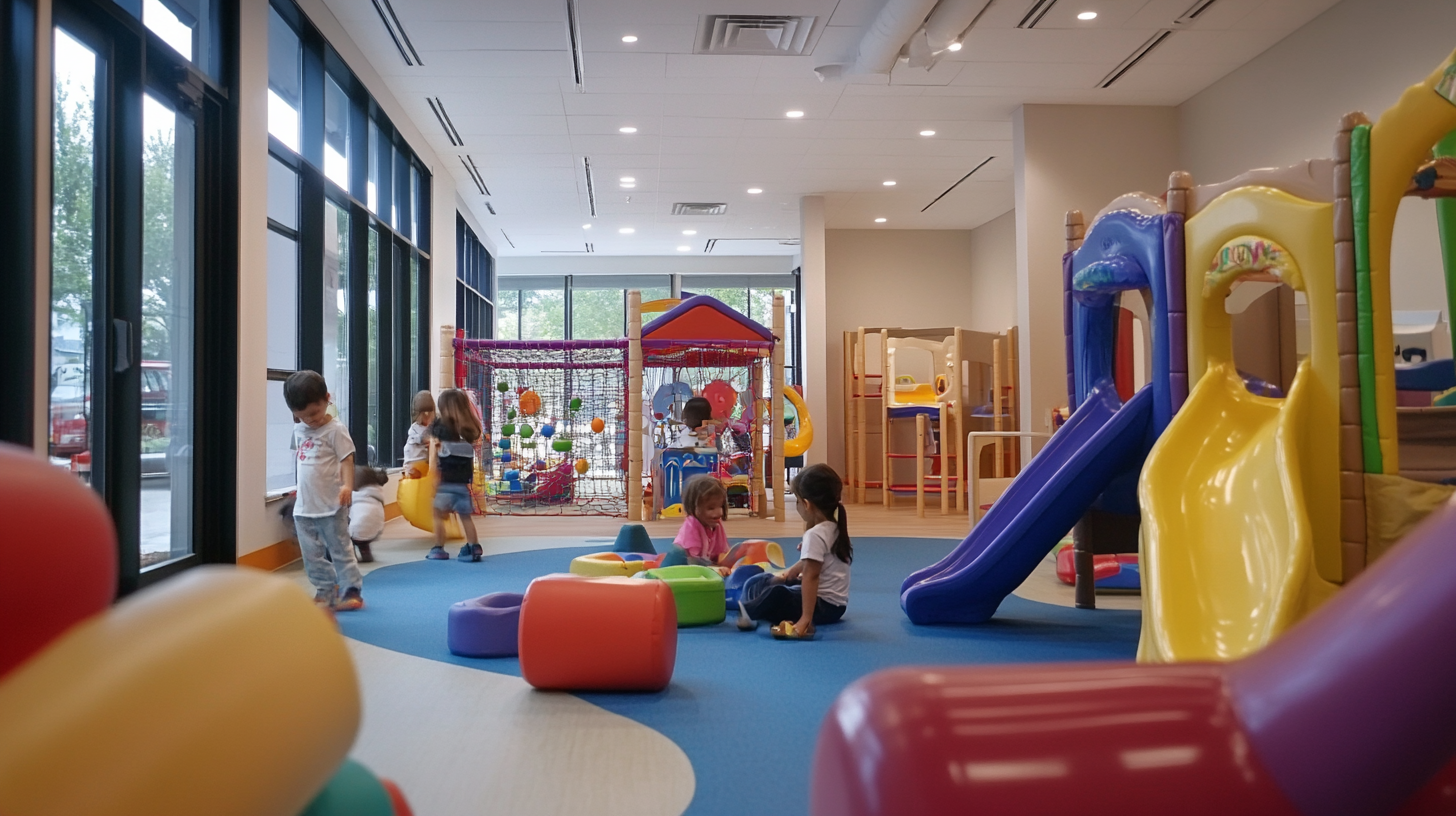In today’s world, understanding the significance of early childhood education is crucial. This is where programs like Head Start come into play. By focusing on children from low-income families, Head Start aims to provide a comprehensive learning environment that nurtures developmental milestones and promotes long-term success.
The Importance of Early Childhood Education
Early childhood education is a pivotal foundation for lifelong learning and development. During the early years, a child’s brain is rapidly developing, making it a critical period for cognitive, social, and emotional growth. Programs like Head Start are designed to harness this potential by creating environments that stimulate learning and curiosity.
Cognitive Development
The early years are marked by significant cognitive development. Skills such as language acquisition, problem-solving, and memory formation are developing rapidly. Head Start programs emphasize these areas by providing age-appropriate activities that challenge and engage young minds.
Social and Emotional Growth
Social skills and emotional well-being are equally important aspects of early childhood education. Head Start programs focus on fostering positive interactions among children and between children and adults. This includes learning to share, cooperate, and express feelings in healthy ways.
Physical Development
Physical growth and motor skills are another critical component of early childhood development. Head Start programs include activities that promote fine and gross motor skills, ensuring children develop coordination and physical confidence.

The Role of Head Start in Developmental Milestones
Head Start is more than just a preschool program; it is a comprehensive approach to childhood development that supports the needs of the whole child. By addressing educational, health, nutritional, and social service needs, Head Start aims to prepare children for future academic success.
Educational Readiness
One of the core objectives of Head Start is to ensure children are ready for school. The program uses a curriculum that supports literacy, math, and science skills, setting a strong academic foundation.
Health and Nutrition
Head Start recognizes that health and nutrition are vital to a child’s ability to learn. The program provides health screenings, nutritious meals, and physical activities, which contribute to overall well-being and readiness to learn.
Family Involvement
Family involvement is a cornerstone of the Head Start approach. By engaging parents and caregivers, the program ensures that children receive consistent support both at home and in the classroom. This partnership enhances the child’s learning experience and reinforces developmental milestones.
Success Stories: The Impact of Head Start
Numerous studies have highlighted the positive impact of Head Start on childhood development. Children who participate in Head Start programs are more likely to meet developmental milestones and perform better academically compared to their peers who do not have the same opportunities.
Academic Achievement
Research shows that Head Start participants often outperform their peers in reading and math during their early school years. The program’s focus on foundational skills provides children with the tools they need to succeed academically.
Long-term Benefits
The benefits of Head Start extend beyond early education. Participants are more likely to graduate from high school, pursue higher education, and achieve better employment outcomes. This demonstrates the program’s effectiveness in preparing children for a successful future.
Social and Behavioral Outcomes
Head Start also positively influences social and behavioral development. Children in the program often exhibit better social skills, increased self-confidence, and a stronger ability to navigate complex social situations.

Challenges and Opportunities for Improvement
Despite its success, Head Start faces several challenges that need addressing to maximize its impact. Funding limitations, accessibility issues, and varying program quality are some of the obstacles that need to be overcome.
Ensuring Quality and Consistency
To maintain the effectiveness of Head Start, it is crucial to ensure that all programs meet high-quality standards. This includes providing adequate training for educators, maintaining low child-to-teacher ratios, and implementing evidence-based curriculums.
Expanding Access
Expanding access to Head Start programs is essential to reach more children who can benefit from early childhood education. This includes increasing funding and resources to accommodate more participants and reducing barriers for underserved communities.
Conclusion: The Critical Role of Head Start
In conclusion, Head Start plays a vital role in early childhood education by promoting developmental milestones and preparing children for future success. The program’s comprehensive approach addresses the educational, health, and social needs of children, ensuring they have a strong foundation for lifelong learning.
By continuing to support and improve Head Start programs, we can provide more children with the opportunity to achieve their full potential and thrive in an ever-changing world.
Take the First Step towards a Bright Future!
Are you ready to give your child the best start in their educational journey? Contact Open Doors Preschool today and inquire about our Head Start program. Our dedicated team of educators and evidence-based curriculum will ensure your child receives the highest quality early childhood education. Don’t miss out on this opportunity to set your child on the path to lifelong success.

